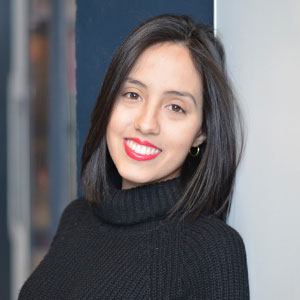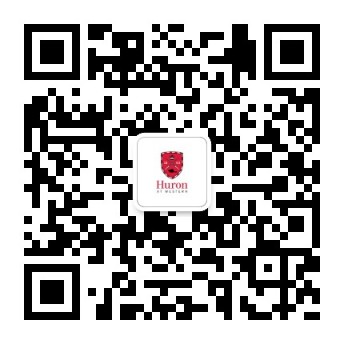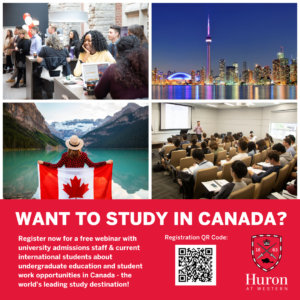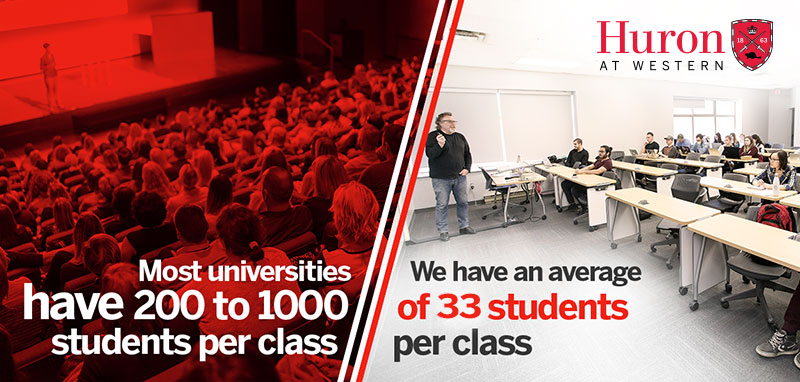Assistant Professor of Systematic Theology
I aim to do constructive theology that draws on the Christian tradition while also intentionally engaging in interreligious dialogue, particularly around justice, ecology, and the arts.
I am an interdisciplinary teacher and researcher exploring the intersection of religion, beauty, and the arts (theological aesthetics) as well as what it means to be human in light of divine revelation (theological anthropology). I am interested in the ways creativity and the human religious impulse help us imagine our place in the cosmos, which has led me to explore new horizons in interreligious dialogue and the emerging discipline of eco-theology.
My background is in the arts, and so much of my research has centred on the way that film and modern visual art serve as sites of theological meaning. In addition to critically engaging major twentieth-century theologians such as Hans Urs von Balthasar, I have published and presented work on eco-theology and the arts; the relationship between theology and phenomenology; theological aesthetics and interreligious encounter; as well as the influence of theologians like Karl Barth and Paul Tillich on Canadian literary theorist Northrop Frye.
As a teacher of theology and religion, I am committed to fostering an inclusive learning environment for all students; teaching in an interdisciplinary mode; as well as creativity and collaboration in the classroom. Frequent topics of research, teaching, and supervision include:
- Religion and the arts, film, and popular culture
- Theological anthropology
- The Canadian religious imagination
- Philosophy of religion
- Creation and eco-theology
- Comparative religious ethics and interreligious dialogue
My interest in questions of theological anthropology has led to new projects examining how science-engaged theology can help us understand our place as human beings in the vastness and diversity of creation. This approach also shapes my engagement with traditional theological themes such as the Trinity, christology, and eschatology. I am particularly interested in incarnational theologies that situate the redemption of human flesh within the larger contexts of evolutionary biology and “deep time.” The study of the human also fits together with my interest in theologizing human bodies in relation to things like sports, nonviolence, and transhumanism.
I aim to do constructive theology that draws on the Christian tradition while also intentionally engaging in interreligious dialogue, particularly around justice, ecology, and the arts. It is my hope that Huron students of theology and religion will similarly find that an interfaith setting is an excellent venue for exploring the richness, complexity, and beauty of global religious traditions and their transformations in the modern context.
SELECTED PUBLICATIONS
Balthasar, Heidegger, and the Origin of Art: Fugitive Gods (Lanham, MD: Lexington Books, forthcoming 2021)
Theology and the Films of Darren Aronofsky (Lanham, MD: Rowman & Littlefield/Fortress Academic, forthcoming 2022)
“Inside Out and Outside In: Art, Truth, and Phenomenology in Hans Urs von Balthasar,” Heythrop Journal 61:3 (May 2020): 424-436. https://doi.org/10.1111/heyj.13508
“Tracing the Landscape: Re-enchantment, Play, and Spirituality in Parkour,” Religions 10:9 (2019): 505. https://doi.org/10.3390/rel10090505
“Creative Intuition After Beauty: Jacques Maritain’s Philosophy of Art in the Contemporary Context,” Logos: A Journal of Catholic Thought and Culture 21:2 (Spring 2018): 81-108.
“Image and Kenosis: Assessing Jean-Luc Marion’s Contribution to a Postmetaphysical Theological Aesthetics,” International Journal of Philosophy and Theology 79:1-2 (Fall 2017): 60-79.
“A Word Not Our Own: Northrop Frye and Karl Barth on Revelation and Imagination,” Literature and Theology 28:4 (2011): 438-456.


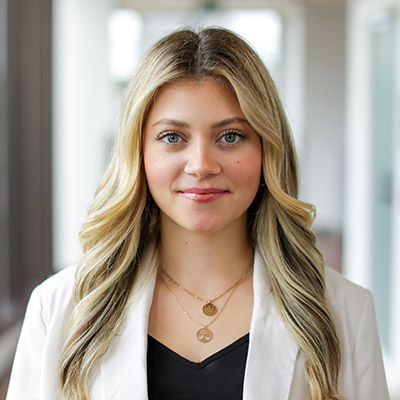
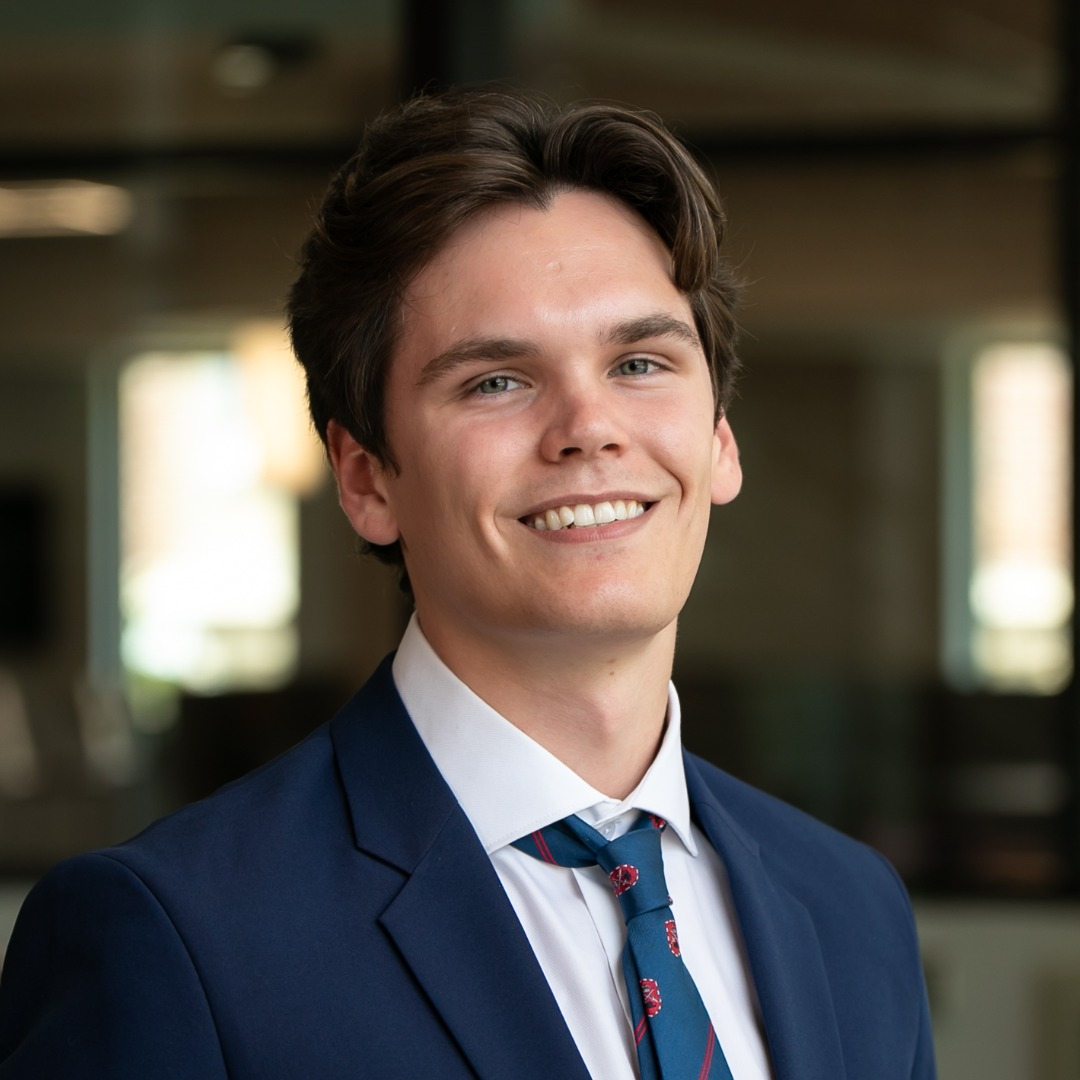

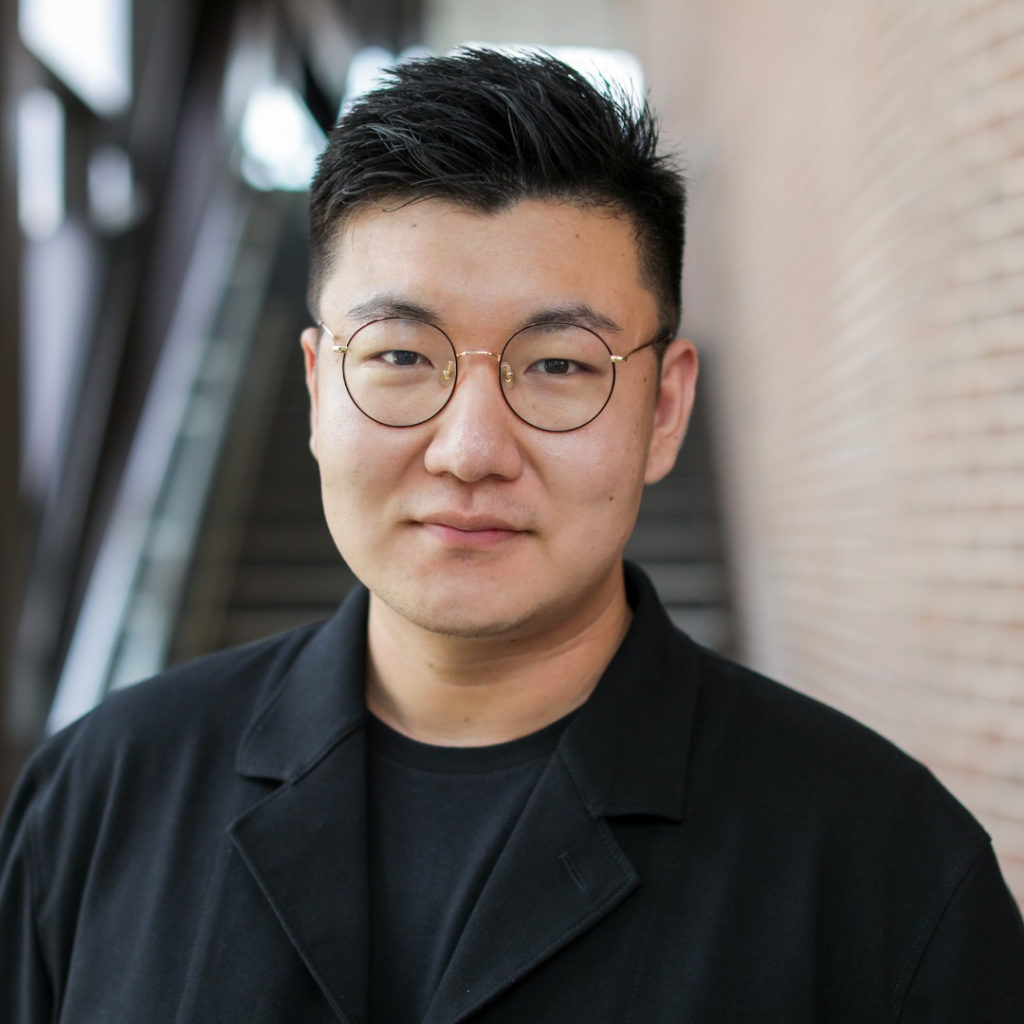
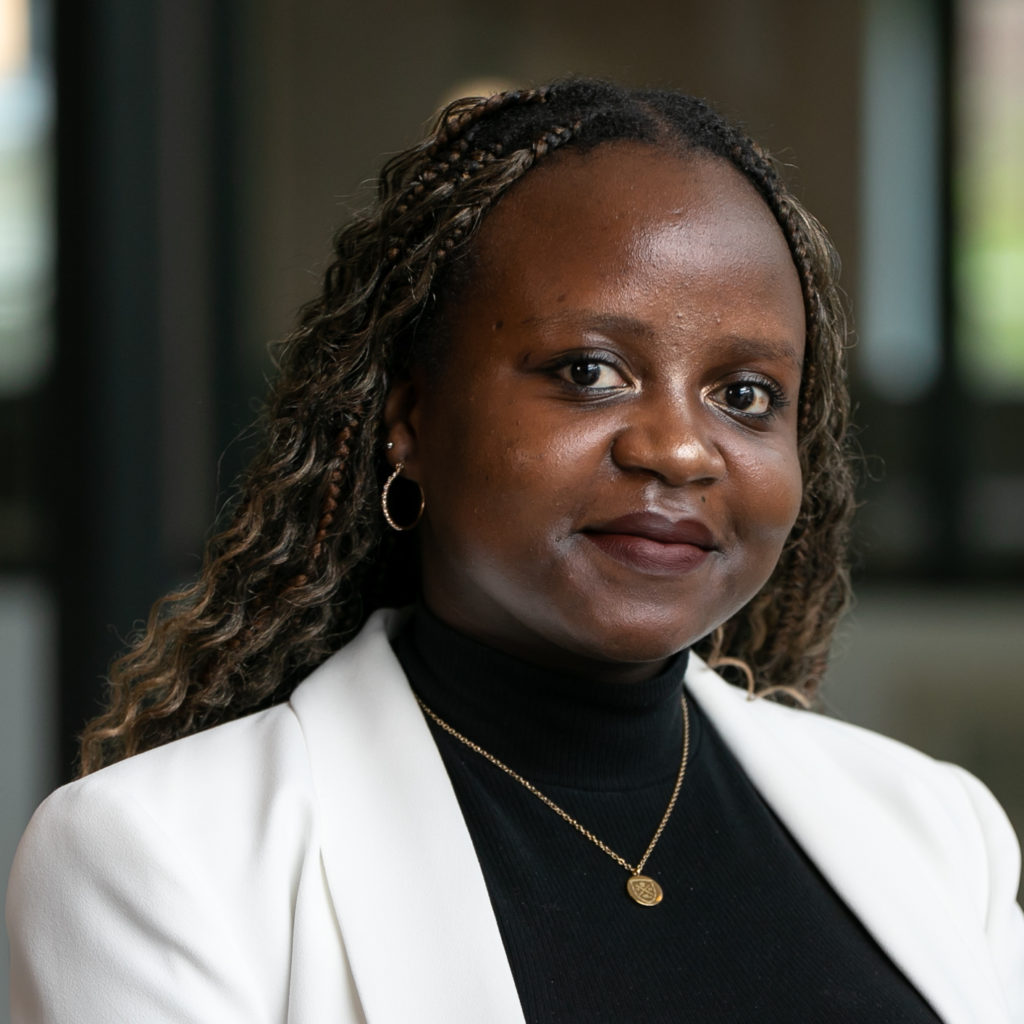
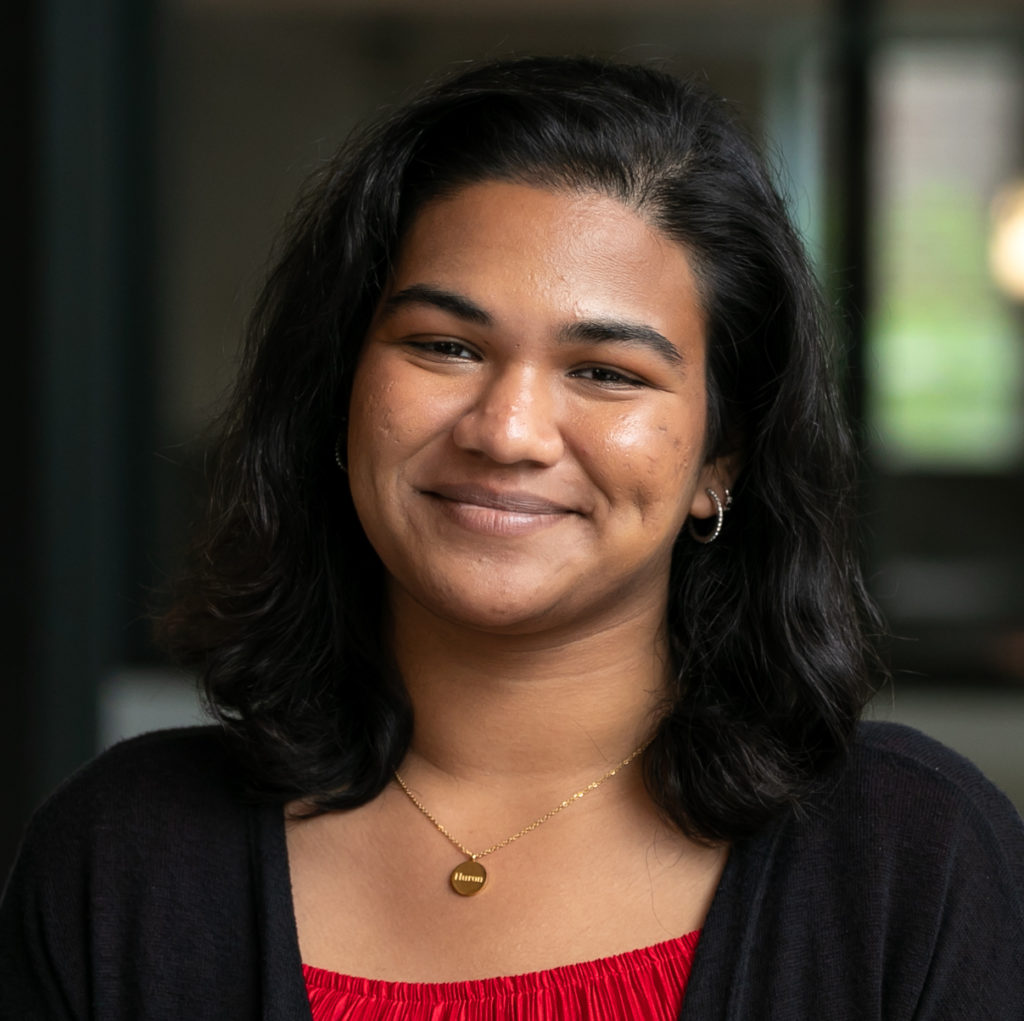
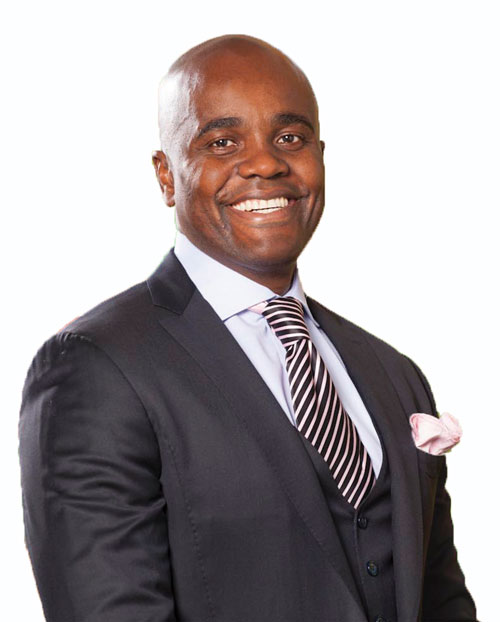 Wes Hall is the Founder and Chairman of Kingsdale Advisors, and The BlackNorth Initiative, and Canada’s first Black Dragon investor on CBC’s Dragons’ Den.
Wes Hall is the Founder and Chairman of Kingsdale Advisors, and The BlackNorth Initiative, and Canada’s first Black Dragon investor on CBC’s Dragons’ Den.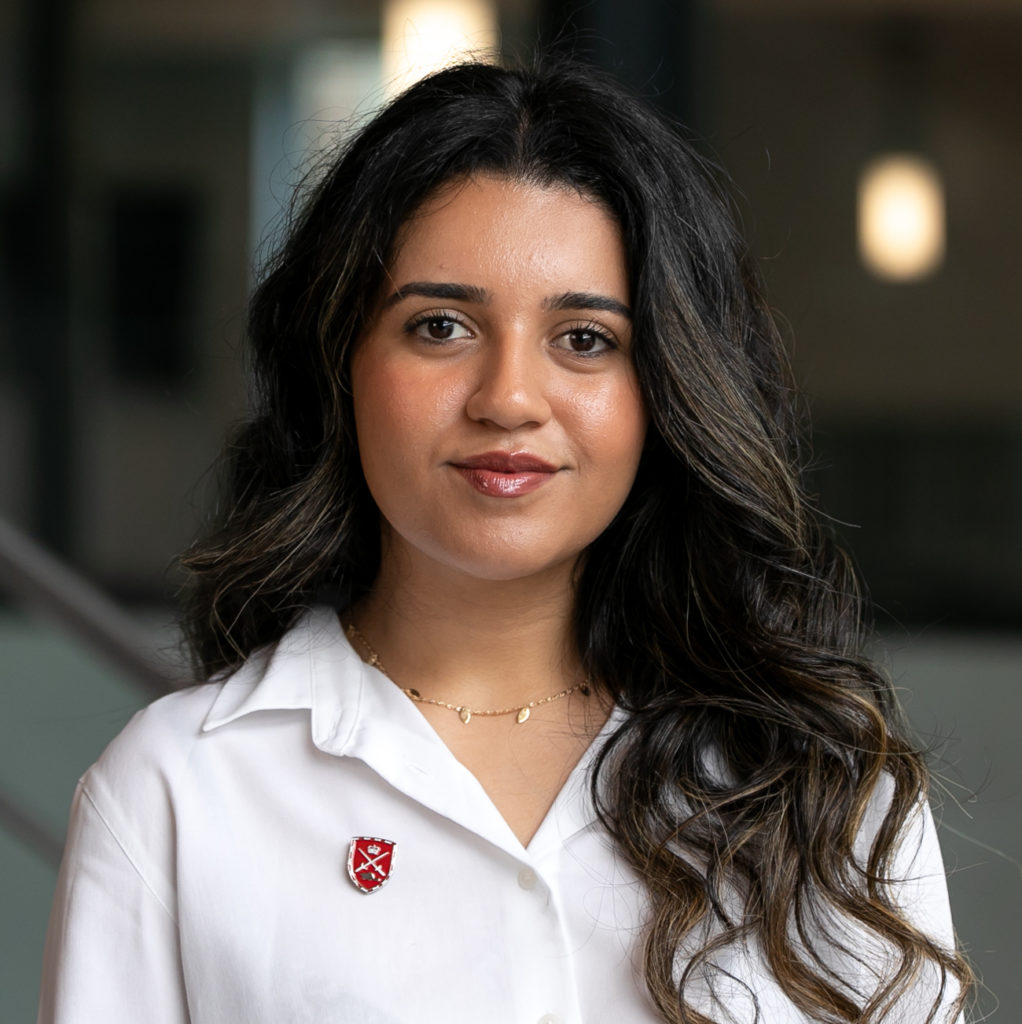
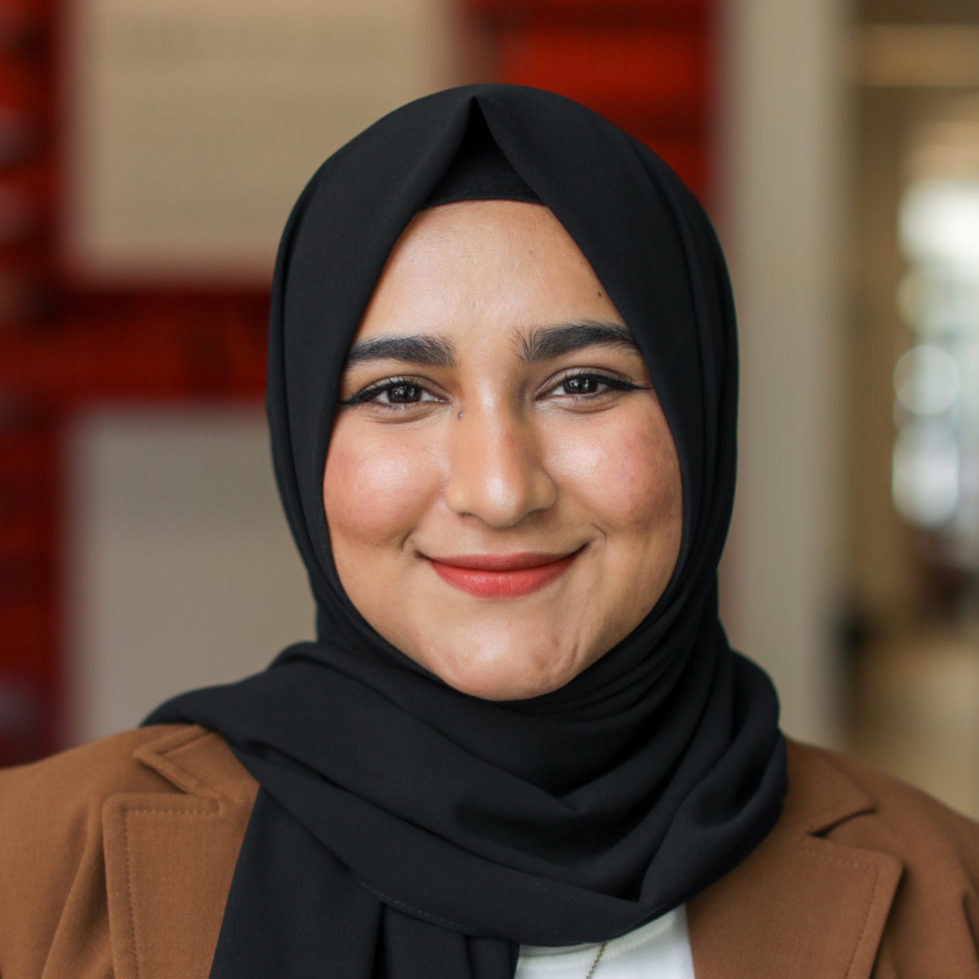
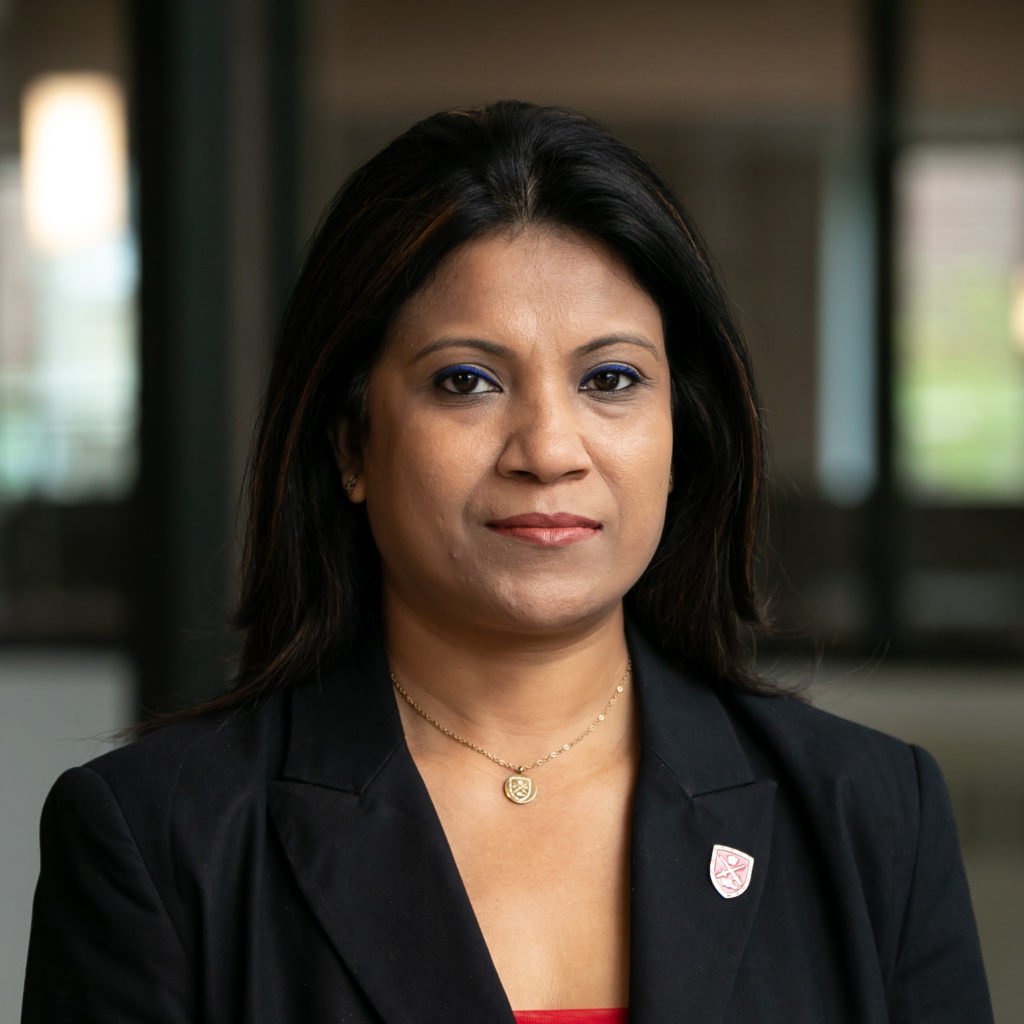
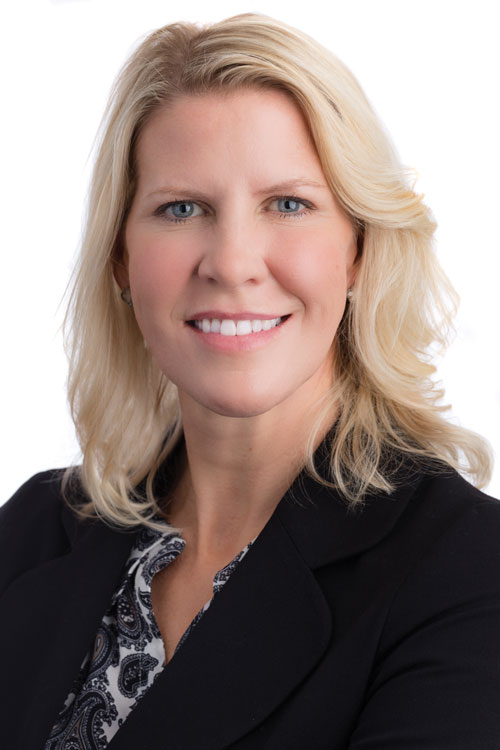 Leigh Allen is the AVP, Global Strategic Research, Reinsurance Group of America Inc., one of the world’s largest global life and reinsurance companies.
Leigh Allen is the AVP, Global Strategic Research, Reinsurance Group of America Inc., one of the world’s largest global life and reinsurance companies.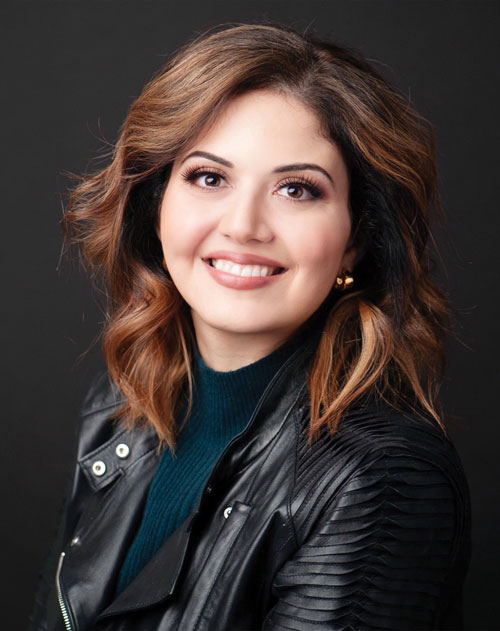 Yola Ventresca is a Managing Partner, Lerners LLP, Secretary of Huron’s Board of Governors and a Huron Class of ’02 alumni. Selected as one of Canada’s “Best Lawyers,” she is passionate about the value of Liberal Arts in helping students succeed in their careers.
Yola Ventresca is a Managing Partner, Lerners LLP, Secretary of Huron’s Board of Governors and a Huron Class of ’02 alumni. Selected as one of Canada’s “Best Lawyers,” she is passionate about the value of Liberal Arts in helping students succeed in their careers.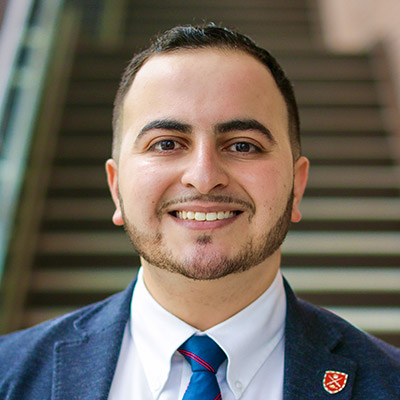

 Lisa Jones Keenan is the Vice President of Sales at Xplornet Communications, the largest rural fixed wireless broadband service provider in Canada.
Lisa Jones Keenan is the Vice President of Sales at Xplornet Communications, the largest rural fixed wireless broadband service provider in Canada.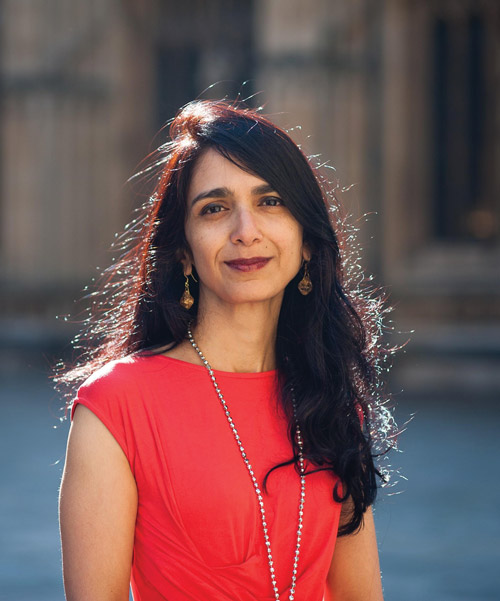 Ranjita is Executive Chair of the Oxford Global Partnership, advising investors, businesses, family offices and entrepreneurs on sustainable, inclusive and responsible value creation. A Business Fellow at Oxford University’s Smith School, Ranjita engages with companies on pursuing value with values, and teaches a postgraduate “Essentials of ESG & DEI” course.
Ranjita is Executive Chair of the Oxford Global Partnership, advising investors, businesses, family offices and entrepreneurs on sustainable, inclusive and responsible value creation. A Business Fellow at Oxford University’s Smith School, Ranjita engages with companies on pursuing value with values, and teaches a postgraduate “Essentials of ESG & DEI” course.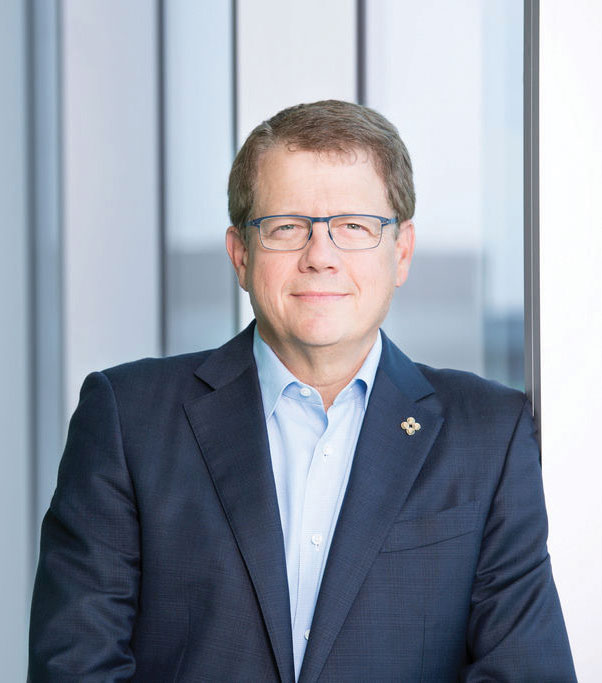 Michael Medline is the President and CEO of Empire Company Limited and Sobeys Inc., a leading Canadian grocery retailer with grocery and ecommerce brands that reach across Canada, including Sobeys, Safeway, IGA, FreshCo, Foodland, Thrifty Foods, Farm Boy, Longo’s and Voilà.
Michael Medline is the President and CEO of Empire Company Limited and Sobeys Inc., a leading Canadian grocery retailer with grocery and ecommerce brands that reach across Canada, including Sobeys, Safeway, IGA, FreshCo, Foodland, Thrifty Foods, Farm Boy, Longo’s and Voilà.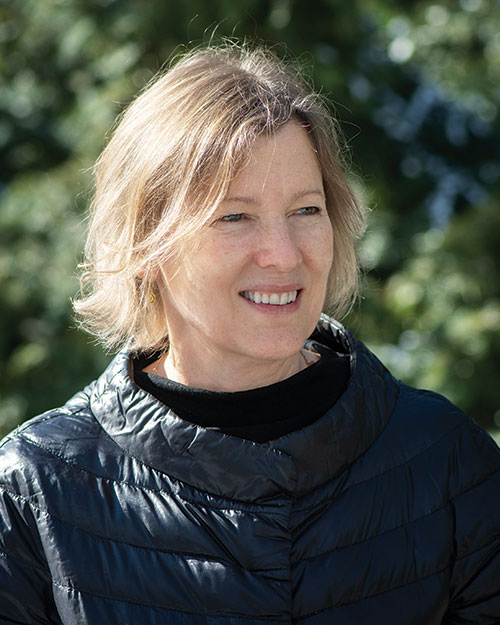 Susan Farrow is an Assistant Professor in The Temerty Faculty of Medicine at the University of Toronto and a Founding Partner and Co-Director of The Toronto Institute of Group Studies, an organization offering certified training and education in group leadership.
Susan Farrow is an Assistant Professor in The Temerty Faculty of Medicine at the University of Toronto and a Founding Partner and Co-Director of The Toronto Institute of Group Studies, an organization offering certified training and education in group leadership.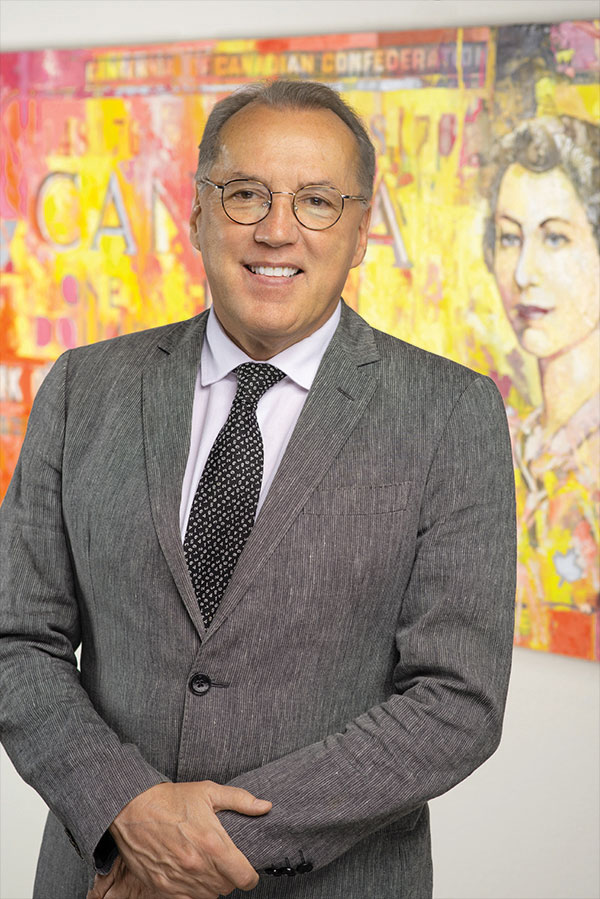 Frank Holmes is CEO and Chief Investment Officer of U.S. Global Investors, as well as a business commentator, philanthropist and Huron Class of ‘78 alumnus. Holmes also serves as the Executive Chairman of HIVE Blockchain Technologies, the first cryptocurrency mining company to go public in 2017.
Frank Holmes is CEO and Chief Investment Officer of U.S. Global Investors, as well as a business commentator, philanthropist and Huron Class of ‘78 alumnus. Holmes also serves as the Executive Chairman of HIVE Blockchain Technologies, the first cryptocurrency mining company to go public in 2017.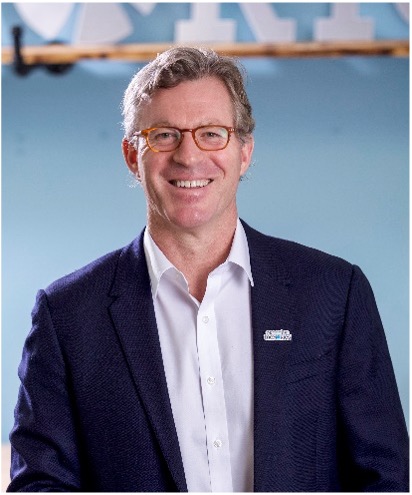 Caleb Hayhoe is the Founder & Chairman of Flowerdale Group and a Huron Class of ’85 Alumnus. Flowerdale Group is a Hong Kong based family office with a global investment outlook across public markets, real estate and private investment. Hayhoe previously spent over ten years building a global sourcing business together with an exceptional team, and remains committed to entrepreneurialism and helping great ideas become sustainable companies.
Caleb Hayhoe is the Founder & Chairman of Flowerdale Group and a Huron Class of ’85 Alumnus. Flowerdale Group is a Hong Kong based family office with a global investment outlook across public markets, real estate and private investment. Hayhoe previously spent over ten years building a global sourcing business together with an exceptional team, and remains committed to entrepreneurialism and helping great ideas become sustainable companies.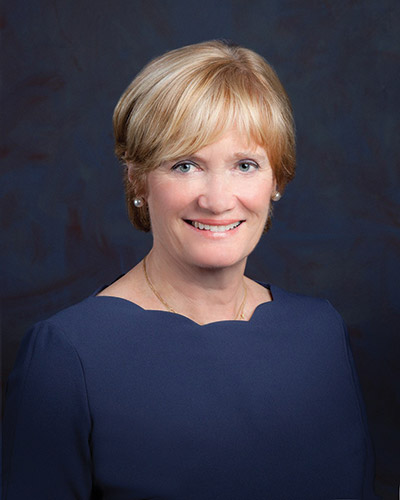 Kelly Meighen is an experienced philanthropist and volunteer. In her role as president of the T.R. Meighen Family Foundation, she has created a legacy of volunteerism and philanthropic giving in the areas of youth mental health advocacy, environmental conservation and cultural vibrancy.
Kelly Meighen is an experienced philanthropist and volunteer. In her role as president of the T.R. Meighen Family Foundation, she has created a legacy of volunteerism and philanthropic giving in the areas of youth mental health advocacy, environmental conservation and cultural vibrancy.